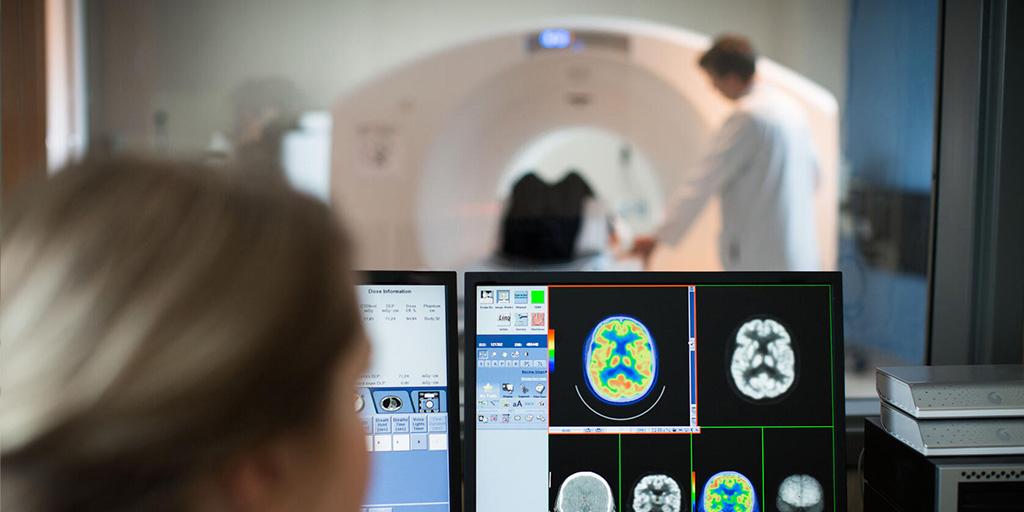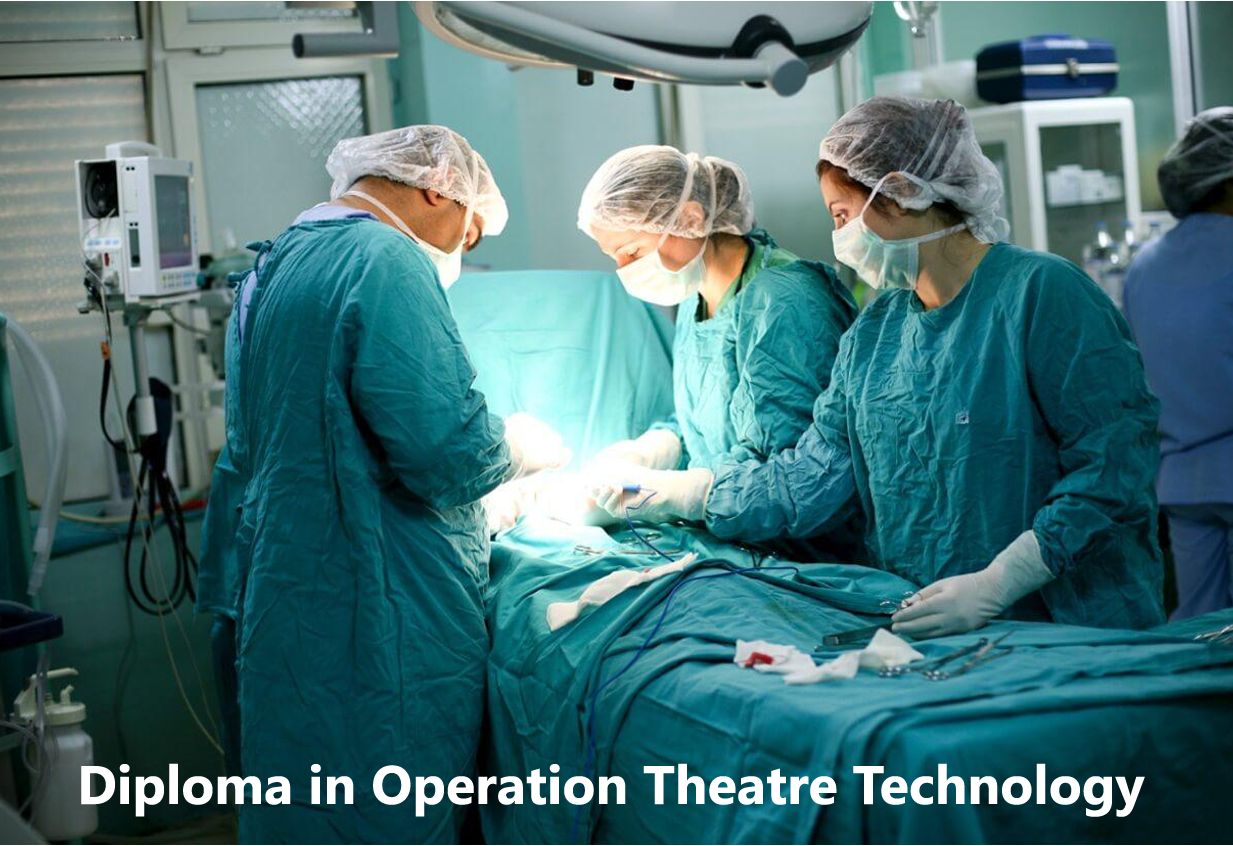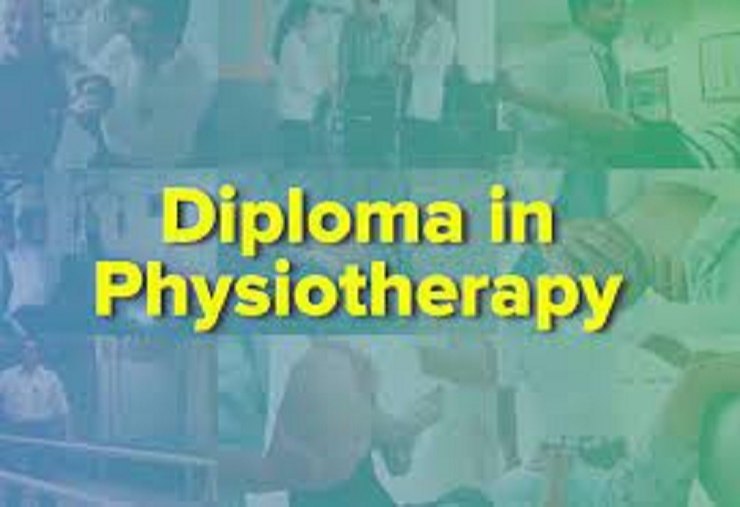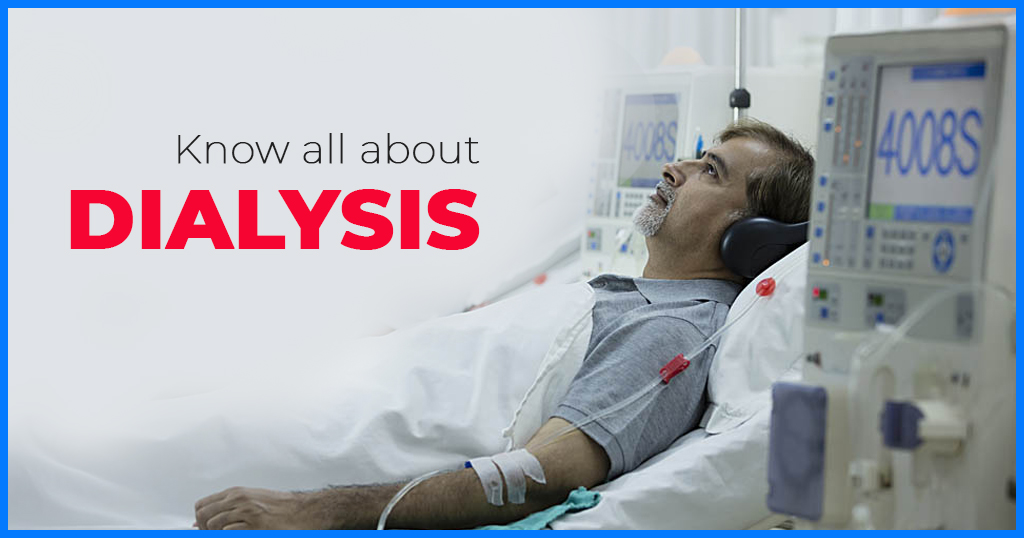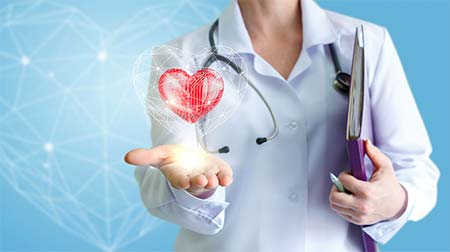Physiotherapy can be defined as a treatment method that focuses on the science of movement and helps people to restore, maintain and maximize their physical strength, function, motion and overall well-being by addressing the underlying physical issues. Physiotherapy encompasses rehabilitation, injury prevention and health promotion/fitness. The profession employs a holistic approach to treatment, looking at the patient’s lifestyle and engaging them in their own treatment. The healthcare professionals who provide physiotherapy are called physiotherapist. They are highly trained, and are skilled at pinpointing the root causes of an injury, as well as treating them. Often, a problem originates in a completely different part of the body than the spot where the pain is centralized. Physiotherapy Treatment: What Conditions do Physiotherapists Treat? As professionals, physiotherapists are experts at providing physiotherapy treatment for: • Preventing injury and disability; • Managing acute and chronic conditions; • Improving and maintaining optimal physical performance; • Rehabilitating injury and the effects of disease or disability; • Educating patients to prevent re-occurrence of an injury. Patients may be referred to or seek assistance from a physiotherapist for a variety of health issues and receive valuable assistance. Physiotherapists offer treatments relating to the following conditions: • Cardiorespiratory: providing support, prevention and rehabilitation for people suffering from diseases and injuries that affect the heart and lungs, such as asthma. • Cancer, palliative care and lymphedema: treating, managing or preventing fatigue, pain, muscle and joint stiffness, and deconditioning. • Incontinence: managing and preventing incontinence and pelvic floor dysfunction. • Women’s health concerns: addressing health issues surrounding pregnancy, birth, post-partum care, breastfeeding, menopause, bedwetting, prolapsed, loss of bladder or bowel control. • Musculoskeletal: preventing and treating clients with musculoskeletal conditions such as neck and back pain. • Neurological: promoting movement and quality of life in patients who have had severe brain or spinal cord damage from trauma, or who suffer from neurological diseases such as stroke, Parkinson’s disease and multiple sclerosis. • Orthopedic: helping patients prevent or manage acute or chronic orthopedic conditions such as arthritis and amputations. • Pain: managing or preventing pain and its impact on function in patients. ...
0 INR View More
